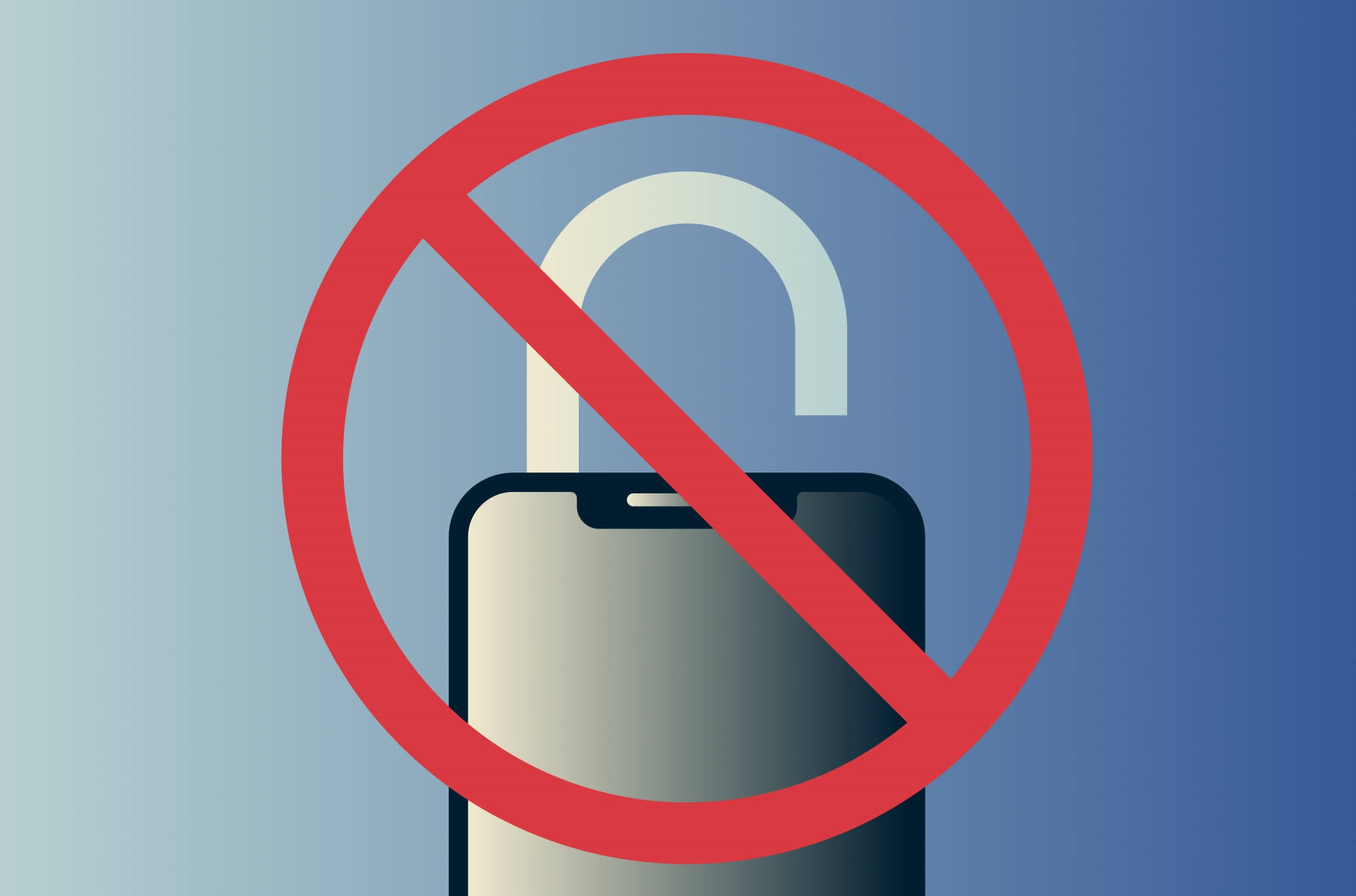
Ever wondered what lies beyond the sleek interface of your iPhone? Jailbreaking might just be the secret passage you're looking for, but is it worth the risk? Imagine unlocking a door to a world where the rules set by Apple no longer apply, where customization and unrestrained app access become your new playground. Sounds tempting, right? But hold your horses! Before you jump into this pool of endless possibilities, let's get the lowdown on what jailbreaking really entails. From the thrill of bypassing restrictions to the potential pitfalls that could turn your tech treasure into a pricey paperweight, we're diving deep into the 12 must-know facts about jailbreaking your iPhone. Ready to peel back the layers of your device's capabilities? Let's crack into it!
Key Takeaways:
- Jailbreaking your iPhone can void your warranty and increase the risk of malware, leaving you responsible for repairs and vulnerable to viruses. It’s like opening a door to more freedom, but also more danger.
- People jailbreak their iPhones for banned apps and enhanced customization, but it comes with risks like bricking the device and decreased battery life. It’s like getting cool new features, but also making your phone more fragile.
What is Jailbreaking?
Jailbreaking refers to the process of removing software restrictions imposed by Apple on iOS devices. It allows users to gain root access to the operating system, enabling them to install apps, extensions, and themes that are not available through the official Apple App Store.
-
Jailbreaking voids your warranty. Apple strongly opposes jailbreaking and states that doing so will void the device's warranty. This means if something goes wrong, you're on your own for repairs or replacements.
-
It can increase your risk of malware. Without the protective barriers set by Apple, jailbroken devices are more susceptible to viruses and malicious software.
Why Do People Jailbreak Their iPhones?
People choose to jailbreak their iPhones for various reasons, from customizing the interface to installing apps that Apple hasn't approved.
-
Access to banned apps. Some apps are not available on the App Store due to Apple's strict guidelines. Jailbreaking allows users to install these apps.
-
Enhanced customization. Jailbreaking offers deeper customization options for the iOS interface, including themes, icons, and system animations that are not possible on unmodified devices.
The Legal Aspect of Jailbreaking
The legality of jailbreaking has been a topic of discussion, but there are clear guidelines and rulings on this matter.
-
Jailbreaking is legal in the United States. According to the U.S. Copyright Office, jailbreaking an iPhone does not violate copyright laws. However, this does not mean Apple supports it.
-
It may void digital warranties. While legal, jailbreaking may still void any digital warranties or services attached to the device, such as AppleCare+.
Risks Involved in Jailbreaking
Jailbreaking is not without its risks, which can affect both the device's functionality and the user's privacy.
-
Potential for bricking. Incorrectly jailbreaking a device can lead to a "bricked" iPhone, rendering it completely unusable.
-
Security vulnerabilities. Jailbreaking can expose your iPhone to security risks and vulnerabilities, making it easier for hackers to access your personal information.
Jailbreaking and Software Updates
Software updates from Apple can affect jailbroken devices differently than non-jailbroken ones.
-
Updates may remove jailbreak. Installing a new iOS update on a jailbroken iPhone can remove the jailbreak and all associated modifications.
-
Jailbreaking can prevent future updates. Once jailbroken, some devices may not be able to receive future software updates from Apple, or installing them could be more complicated.
The Impact on App Performance and Battery Life
Jailbreaking can have various impacts on an iPhone's performance and battery life.
-
Decreased battery life. Jailbroken iPhones often run more processes in the background, which can significantly decrease battery life.
-
Potential app instability. Apps installed on jailbroken devices may not be as stable as those from the App Store, leading to crashes and glitches.
A Final Word on iPhone Jailbreaking
Jailbreaking an iPhone opens up a world of customization and freedom, letting users tweak their device far beyond what's officially allowed. But, it's not without its risks. Security vulnerabilities and potential voiding of warranties are significant concerns. Before diving into jailbreaking, weigh the pros and cons carefully. Consider what you're aiming to achieve against the possible downsides. For tech enthusiasts craving to push their devices to the limits, jailbreaking can be a thrilling adventure. Yet, for those who rely heavily on their iPhone for daily tasks, sticking to the safety of Apple's ecosystem might be the wiser choice. Whatever path you choose, stay informed and proceed with caution. After all, knowledge is power, especially when it comes to customizing such an essential part of our digital lives.
Frequently Asked Questions
Was this page helpful?
Our commitment to delivering trustworthy and engaging content is at the heart of what we do. Each fact on our site is contributed by real users like you, bringing a wealth of diverse insights and information. To ensure the highest standards of accuracy and reliability, our dedicated editors meticulously review each submission. This process guarantees that the facts we share are not only fascinating but also credible. Trust in our commitment to quality and authenticity as you explore and learn with us.


